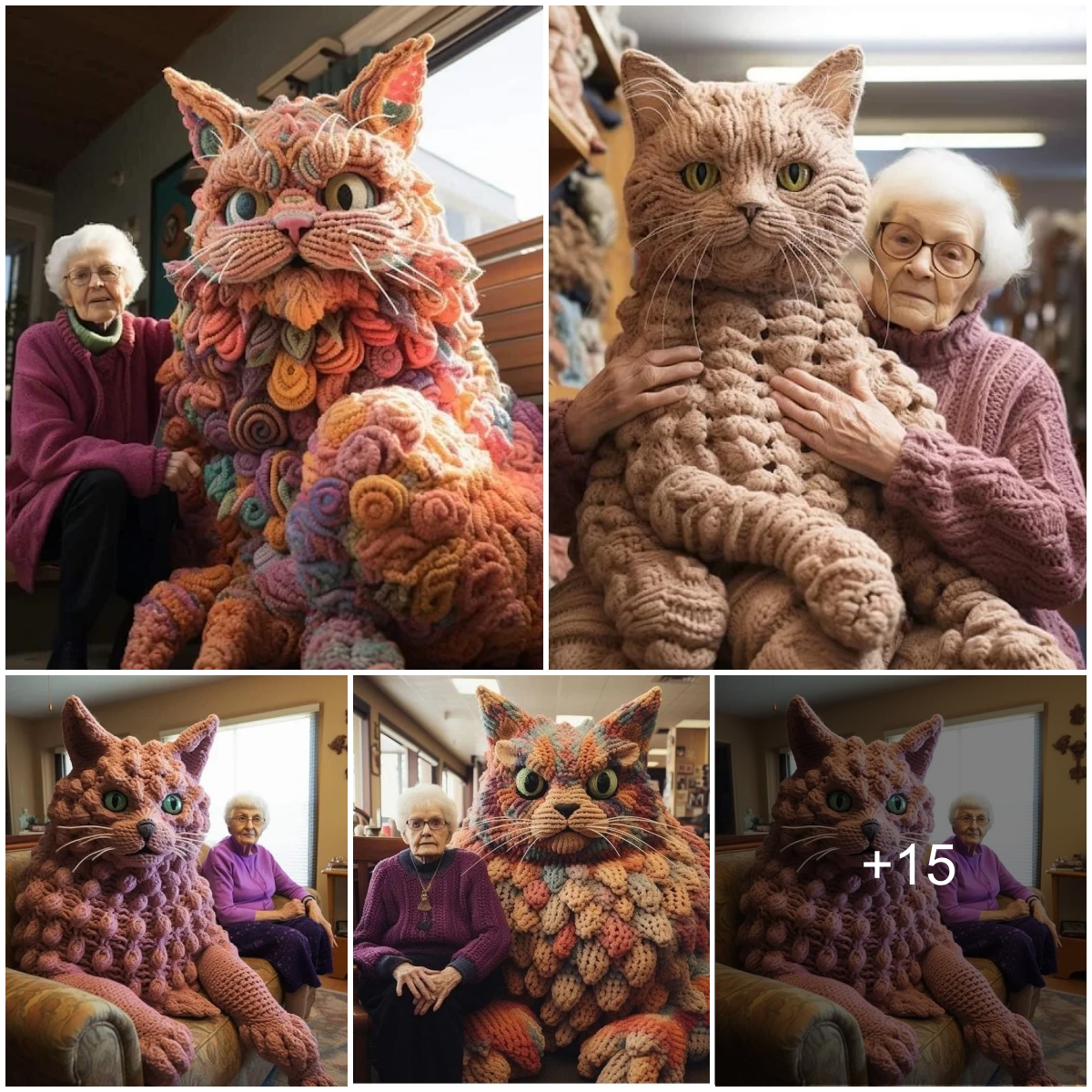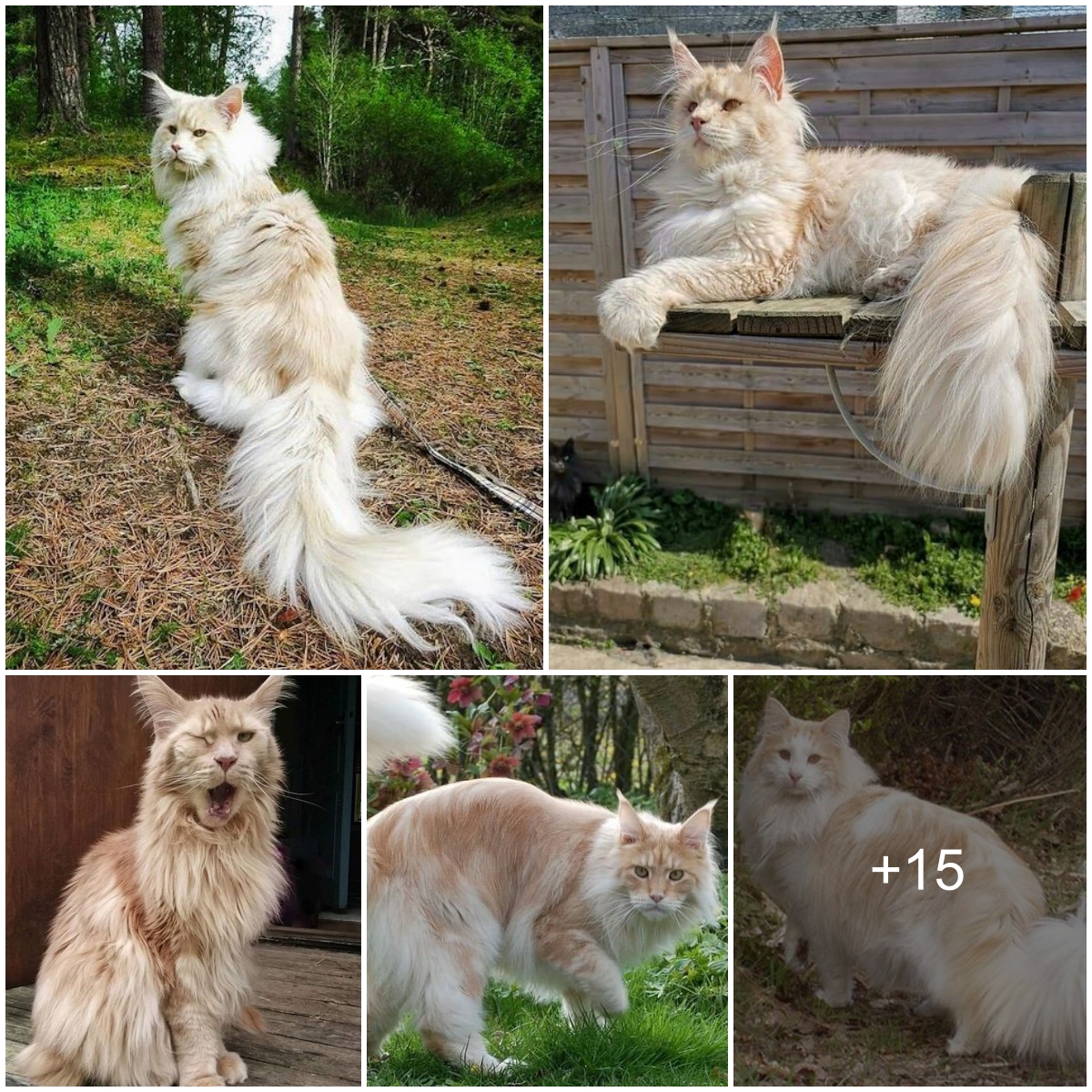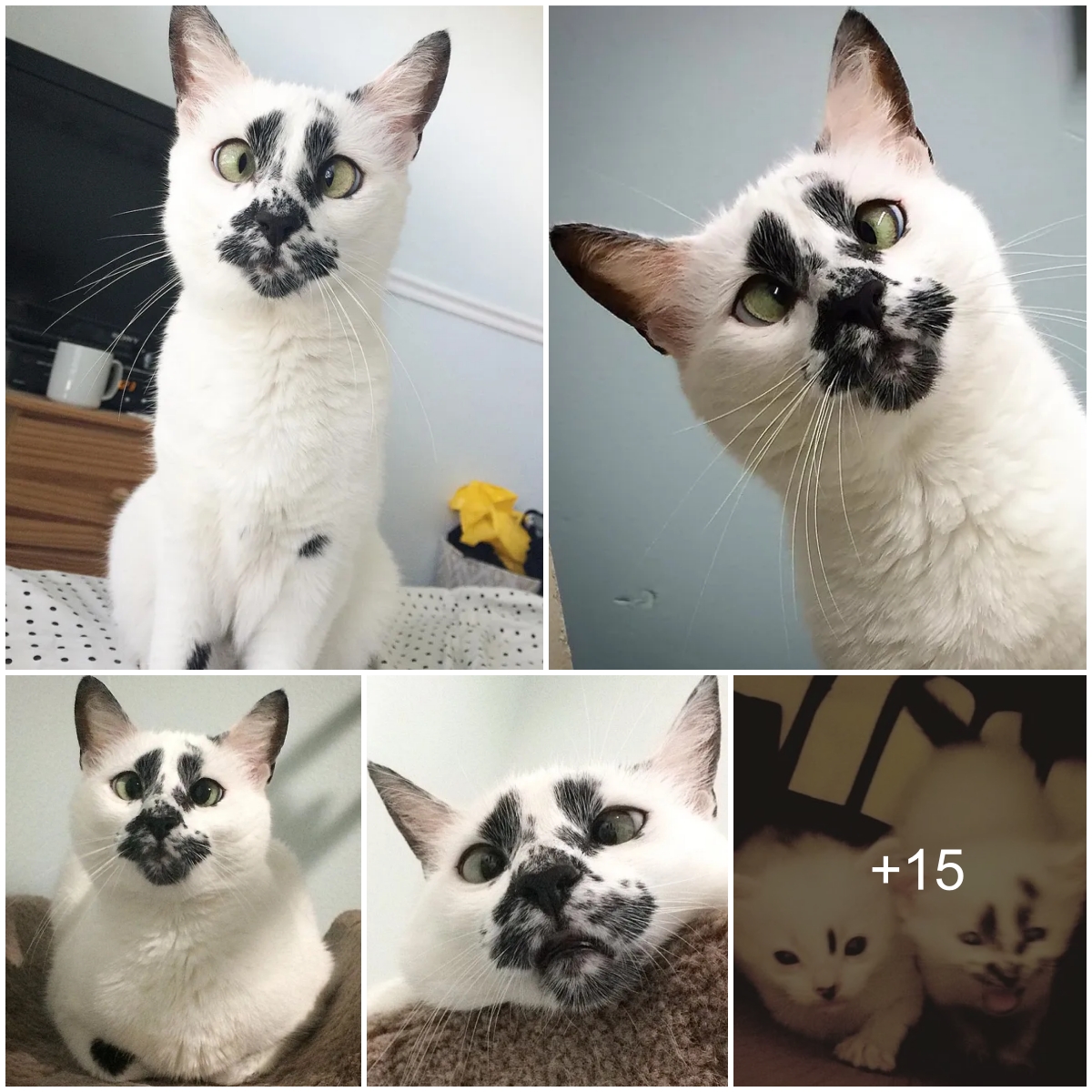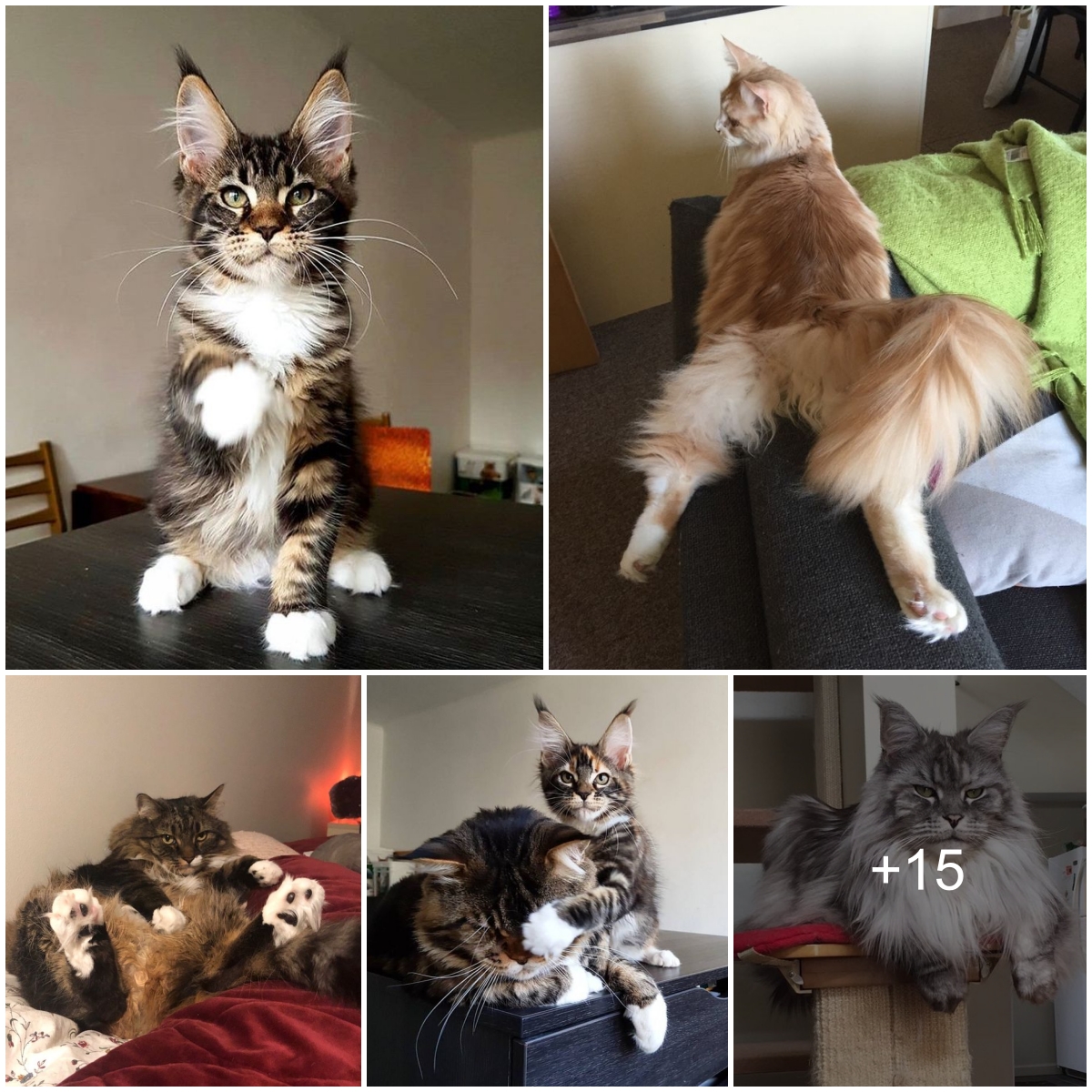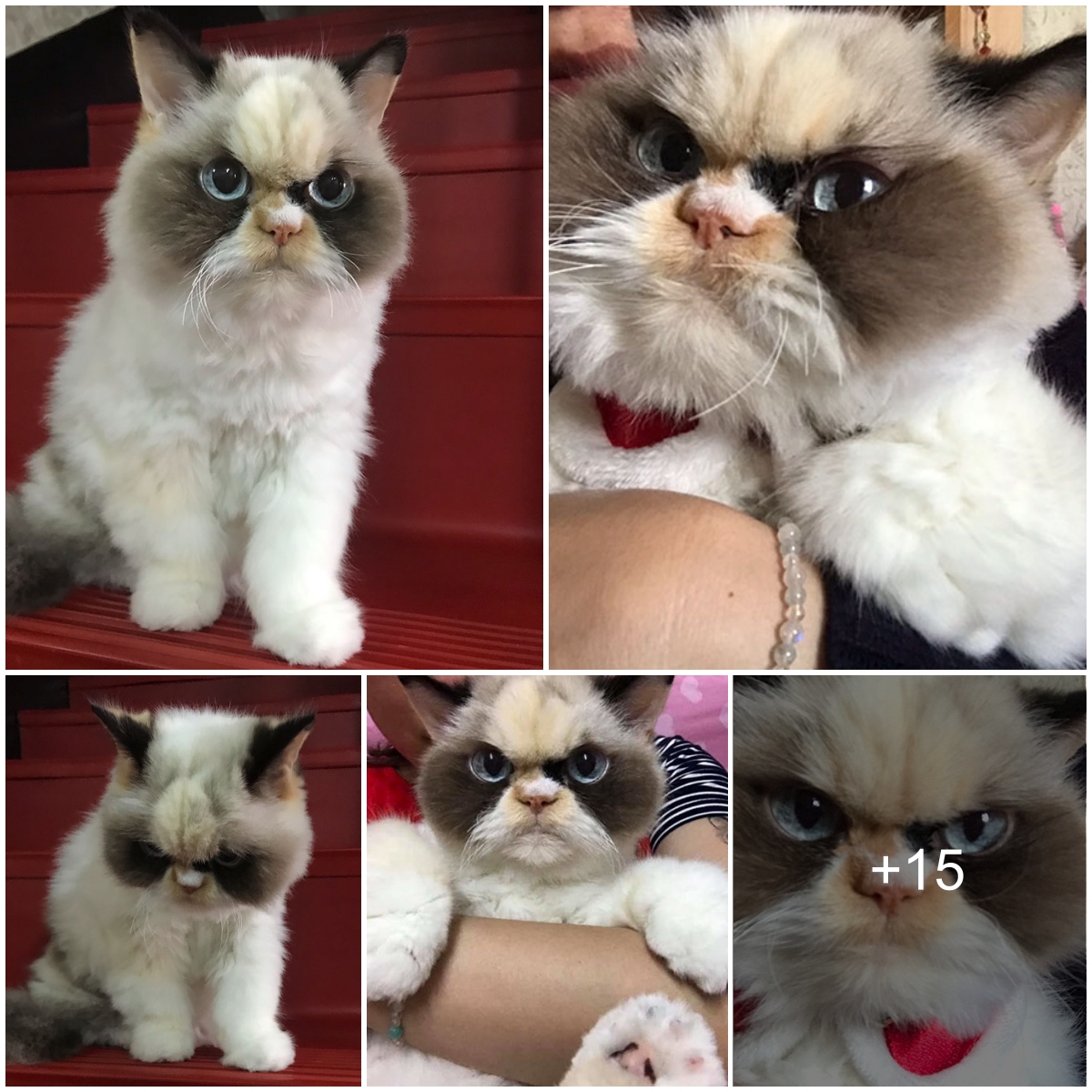Cats and prisoners heal each other
Since May 2015, Pendleton Correctional Facility has implemented a new program called FORWARD, which stands for Felines and Offenders Rehabilitation with Affection, Reformation and Dedication. communication, healing, and devoted service).

Cats and prisoners live in Pendleton prison (Image: indystar).
In partnership with the Animal Welfare League of Indiana, this program places abandoned, abused cats in the prison’s “cat sanctuary,” a spacious room with rake posts, climbing structures and cat-specific hiding nooks and crannies. No one other than the prisoners will be responsible for their care.

Cats and prisoners become close (Photo: boredpanda).
Six hours a day, seven days a week, inmates go to the cat room to work and get 20 cents an hour. Their job is to take care of abandoned cats and prepare them for adoption.
LaRussa, who’s behind bars for a robbery plot, has been on the show since 2017, taking care of a 7-year-old cat named Clover.
Every day, at exactly 7 a.m., LaRussa and her fellow inmates come to the cat sanctuary to clean, change litter boxes, feed and drink cats. Everything like clipping the claws, brushing the fur, and cleaning the cat’s ears are their daily tasks.

Inmates clean up their accommodation and make toys for cats (Photo: boredpanda).
According to the program, cats cannot judge prisoners for their wrongdoings. They can’t judge the seriousness of a crime, and that’s exactly what makes the relationship between the prisoners at Pendleton Correctional Facility and the cats that live there so special.
The cats and the prisoners, both bound by prison walls and troubled pasts, are healing each other day by day.
“I believe cats have changed me a lot,” said prisoner LaRussa, . “I’ve learned to take care of things other than myself. Now, I just want to take care of them in the best way.”
Reduce recidivism rate
Pet care programs in US prisons began in the 1980s as a way to reduce recidivism rates. Initially the program focused only on taking care of dogs, then expanded to cats and even horses.
Monica Solinas-Saunders, an associate professor at Indiana University who researches incarceration and rehabilitation, says these programs have significantly improved recidivism rates and soft skills development. prisoners and fosters personal attributes that help them navigate their lives, “it increases self-esteem and empathy, which is something we really appreciate in today’s society”.
Tori Kypreos, program supervisor at Pendleton, has seen positive inmates transform through this program. “The cats teach them responsibility, they depend a lot on the prisoners, so taking care of them every day is the most important thing for them,” the supervisor said.
According to inmate LaRussa, some cats who have been severely abused are very irritable and difficult to accept human love, but it is his job to take care of them and he will not give up.
“A lot of us have given up on life, myself included. While taking care of cats, I have learned to be patient and never give up,” the prisoner shared.
